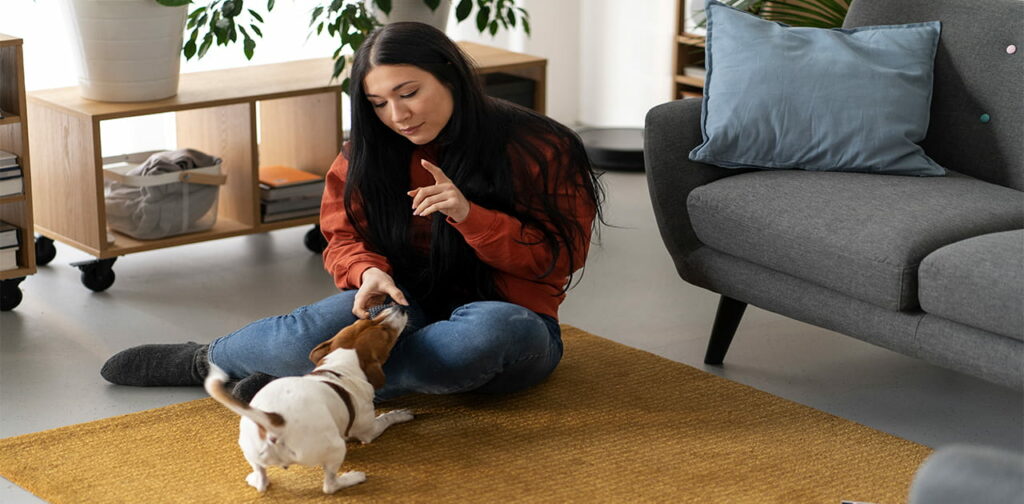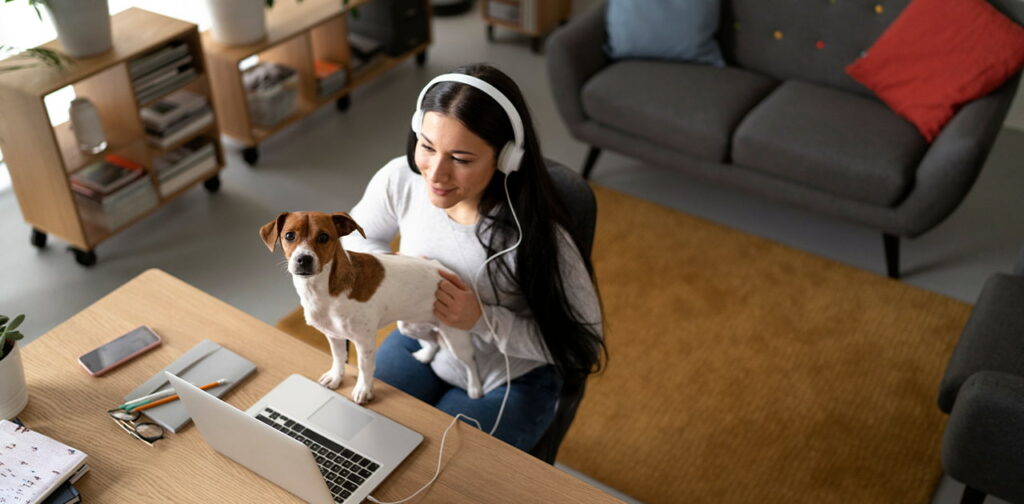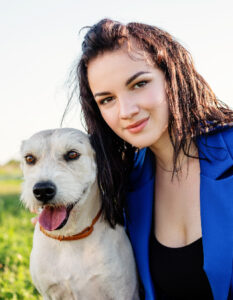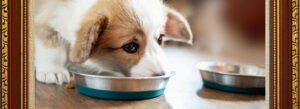Are you looking for an easy and simple guide to discipline your adorable puppy? Then this can be the perfect guide to help you throughout the puppy disciplining process.
Discipline a puppy with positive reinforcement, redirection, and consistent training methods to encourage good behavior and build a strong bond.
Based on my 7 years of experience and most expert’s suggested methods, I will bring you everything you need to know about how to discipline a puppy including 7 methods to discipline a puppy and tips to correct bad behavior in puppies.

How To Discipline a Puppy?
To discipline a puppy effectively, use positive reinforcement methods. Reward good behavior with praise, treats, or playtime. Redirect unwanted behavior to appropriate activities. Use a calm and firm voice to interrupt misbehavior.
Never use physical punishment or harsh techniques, as they can damage the bond with your puppy and cause fear or aggression.
7 Methods to Discipline a Puppy
To understand how to discipline a puppy, let’s discuss 7 methods of disciplining a puppy.
Positive Reinforcement
To teach your puppy to act out desired behavior, such as following commands or cues. As your puppy follows a command or acts out desired behavior, reward them with praise, treats, or playtime. To create positive association with the desired behavior. This way they will be motivated to repeat it in the future.
Divert Unwanted Behavior
Your little puppy can act many unwanted behaviors. Such as, excessive chewing, biting, wining, barking, jumping or digging. Worry Not! Whatever unwanted puppy behavior you are struggling with can be diverted using proper techniques.
Rather than using negative reinforcement, redirect their attention to appropriate toys or activities. This will be aware of the acceptable behavior and help prevent destructive behavior.
Speak Calmly in Assertive Tone
While commanding your puppy use a calm and firm voice. You must not yell or use harsh punishments to deal with misbehavior. This can scare or confuse your puppy resulting in much more negative association with your voice. You can use a clear and assertive “no” or “uh-uh” to stop undesirable behaviors.
Puppy Proof the House
To prevent possible accidents, and provide a safe living environment, puppy proof your house. Secure hazardous items, block off inaccessible areas, use baby gates, hide cords, keep toxic plants out of reach, and supervise closely.
It will prevent accidents, promote safety, and foster discipline habits.
Establish Routine
Puppies thrive in consistency. Establishing routine teaches consistency, helps predict potty times, reinforces desired behaviors, and aids in efforts to discipline your puppy.
Professional Training
Enrolling your puppy in professional training sessions can make the puppy disciplining process much easier. Professional puppy disciplining services include in-home training, obedience classes, behavior consultations, positive reinforcement training, board-and-train programs, and online training courses with certified trainers.
Socialization Training
Socialization training helps puppies develop confidence, learn proper behavior, and prevent fear or aggression issues during puppy disciplining. It also helps to prevent separation anxiety in puppies.

Best tips on Correct Bad Behavior in Puppies
In order to understand how to discipline a puppy you need to know how to correct bad behavior in puppies. Puppies may act out bad behavior due to boredom, lack of training, excess energy, anxiety, or seeking attention.
Correcting bad behavior is important to teach appropriate behavior, prevent future issues, and maintain a harmonious relationship.
Here is a step by step guide to correct bad behavior in puppies.
Step 1: Start by identifying the cause. Such as boredom, fear, anxiety, or lack of proper training etc.
Step 2: Redirect and distract your puppy’s attention with an an alternative whenever your puppy engages in undesirable behavior.
Step 3: Consistently correct bad behavior, inconsistency can confuse your puppy and undermine your training efforts.
Step 4: Teach your puppy to follow commands and provide appropriate training.
Step 5: Do not punish or scream at your puppy, as this can damage the bond between you and your puppy.
Step 6: Establish clear boundaries and rules for your puppy and consistently implement them.
Step 7: Seek professional help if you are struggling to correct bad behavior or your little friend is acting uncontrollable.
Conclusion
Now you are well equipped to discipline yourself and give him a healthy and happy life. Disciplining a puppy is important to establish boundaries, teach appropriate behavior, ensure safety, and foster a strong bond with them.
Using the mentioned methods you can easily establish a disciplined life with your puppy and redirect bad behavior. Check out our website for more information on puppy care.
FAQs
How long does it take to train a puppy?
Answer: Training duration varies, but consistency and patience are key for successful training outcomes.
What should I do if my puppy is not responding to training?
Answer: Evaluate your methods, adjust as needed, seek professional advice if necessary, and remain patient.
Can I start training my puppy at any age?
Answer: Yes, although earlier is generally better, puppies of any age can benefit from training.
How often should I train my puppy?
Answer: Aim for short, frequent training sessions multiple times a day to keep your puppy engaged and focused.
What if my puppy has accidents indoors?
Answer: Clean accidents thoroughly and adjust your routine to provide more frequent potty breaks and supervision.





